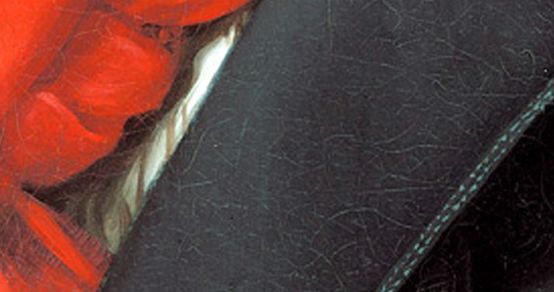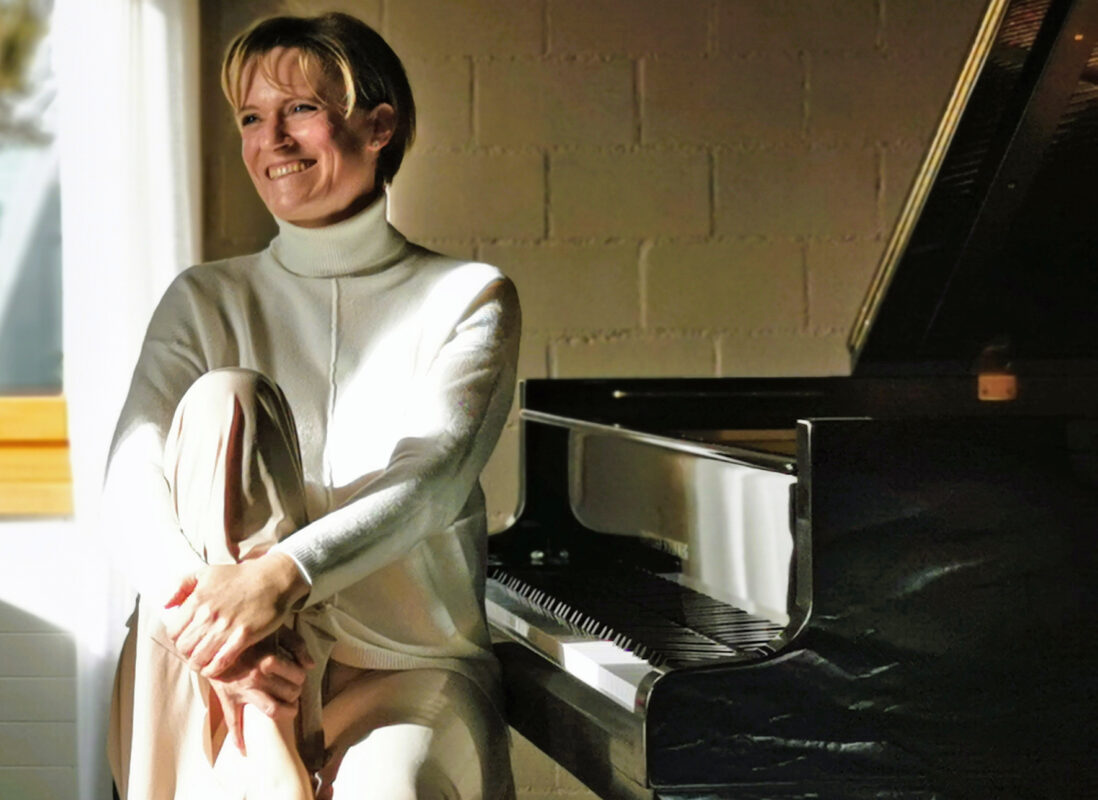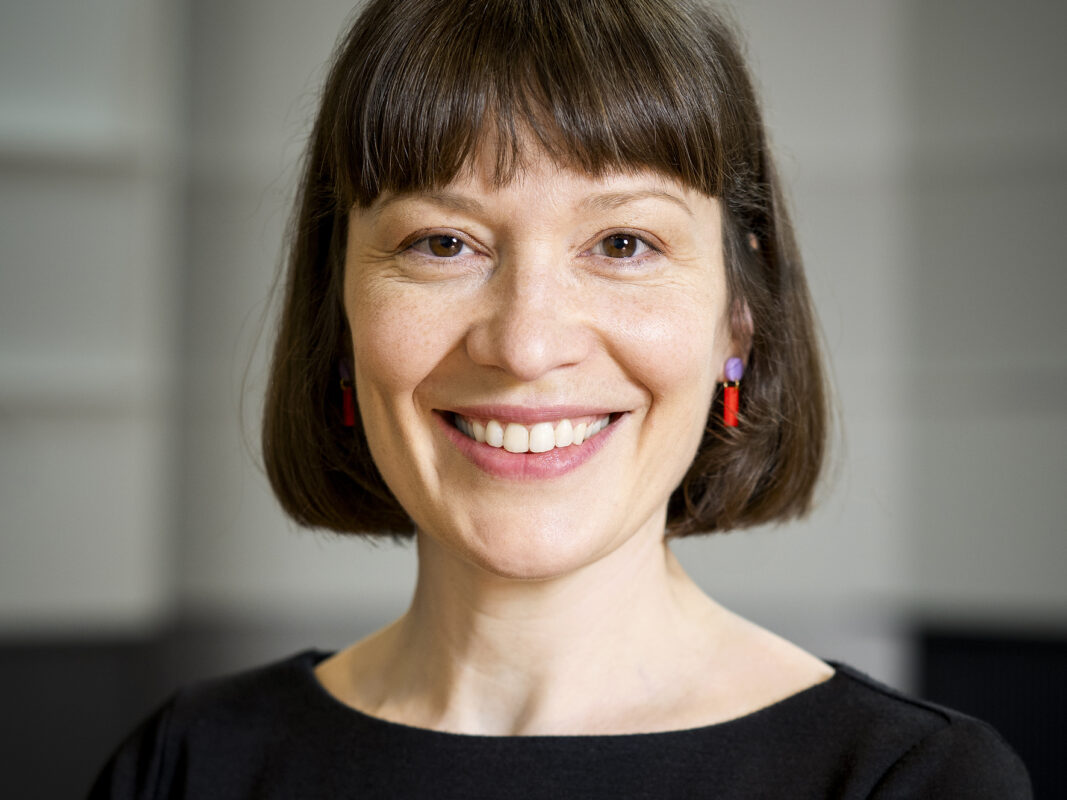Sea silence and happy journey
Beethoven every Friday: to mark his 250th birthday, we take a look at one of his works every week. Today we look at the cantata "Meeres Stille und Glückliche Fahrt" for choir and orchestra.

They met once, neither in Vienna nor in Weimar, but in the Bohemian town of Teplitz: Beethoven and Johann Wolfgang von Goethe. Apart from their high artistic esteem, however, each had reservations about the other. Goethe wrote in his diary on July 21, 1812: "In the evening at Beethoven's. He played deliciously"but then explained a few weeks later in a letter to Carl Friedrich Zelter: "His talent has astonished me; but unfortunately he is a completely unrestrained personality, who is not at all wrong in finding the world detestable, but who certainly does not make it more enjoyable for himself or for others. On the other hand, he is very much to be excused and very much to be regretted, as he has lost his hearing, which perhaps does less harm to the musical part of his nature than to the sociable. He, who is already of a laconic nature, is now doubly so through this defect." Even Beethoven, who in 1811 wrote Goethe about his tragedy Egmont enthusiastically, gave vent to his disappointment in a letter to the publisher Breitkopf & Härtel after the encounter: "Göthe likes the court air too much more than it befits a poet, It is not rather to talk about the ridiculousness of the virtuosos here, when poets, who should be regarded as the first teachers of the nation, can forget everything else above this gleam -"
The meeting thus remained without consequences. The young Mendelssohn still reported Goethe's complete reticence in 1830: "He didn't want to get close to Beethoven." Beethoven's request (dated February 8, 1823) that the Weimar court should send a copy of his Missa solemnis to subscribe, remained unsuccessful. Goethe also apparently did not respond to the dedication of Sea silence and happy journey. Beethoven had added in the same letter: "Both Poems seemed to me, because of their contrast, very suitable to be able to communicate this through music, how dear it would be to me to know whether I suitably combined my harmony with yours, also to consider instruction as truth, as it were, would be extremely welcome to me, for I love the latter above all things ...." - He omitted to mention that the score had already been completed eight years earlier and performed in public for the first time on December 25, 1815.
How fortunate that such personal incompatibilities do not necessarily have to be reflected in the arts. Beethoven's concise, two-part setting certainly seemed congenial to his contemporaries: "It is a great pleasure to see two such sublime minds so intimately united ..." (General Musical Gazette, 1830)








